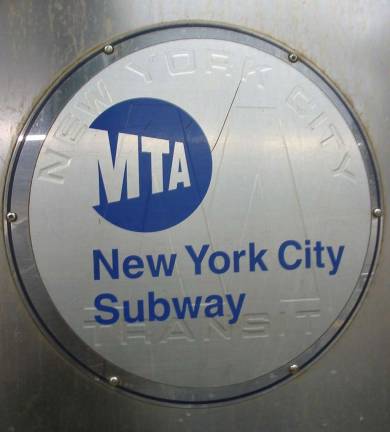State Court Declares MTA Tax Unconstitutional

By Paul Bisceglio A State Supreme Court justice has overturned a tariff meant to bolster income for the Metropolitan Transit Authority. The tariff, called the metropolitan commuter transportation mobility tax, requires employers in all 12 New York counties served by the public transportation provider to contribute 34 cents to M.T.A. for every $100 in payroll costs. The State Legislature passed tariff in May 2009 to save M.T.A. from an annual $2 billion short fall. Suburban government officials and business owners opposed the law, however, because they believed that it forced them to support an agency that mostly benefited New York City. Counties including Nassau, Suffolk and Westchester filed a lawsuit which claimed the tax unconstitutionally appropriated public funds for a local project. Justice R. Bruce Cozzens Jr. agreed. In a six-page decision, he stated, "The M.T.A. payroll tax is a special law, which does not serve a substantial state interest," his 6-page decision stated. "This law should have been, according to the State Constitution, passed with either a Home Rule message or by message of necessity with two-thirds vote in each house. This did not occur, therefore this law was passed unconstitutionally." M.T.A. would lose $1.26 billion in revenue this year if the tax is eliminated, according to spokesman Aaron Donovan. The tax's supporters believe this loss would have far reaching consequences for the entire state. "This decision threatens the foundation of the state's economy," said Paul Steely White, Executive Director of the transportation advocacy group Transportation Alternatives. "Public transportation is critical to the New York City metropolitan area -- an area which provides 45 percent of the state's tax revenue, paying for countless public services from Niagara Falls to Montauk." M.T.A. "will vigorously appeal today's ruling," a spokesperson told [NY1](http://www.ny1.com/content/top_stories/167398/state-court-determines-mta-s-payroll-mobility-tax-unconstitutional). The authority's chances may be high: they pointed out in a statement that four previous challenges to the tax "making the same argument" have already been dismissed.